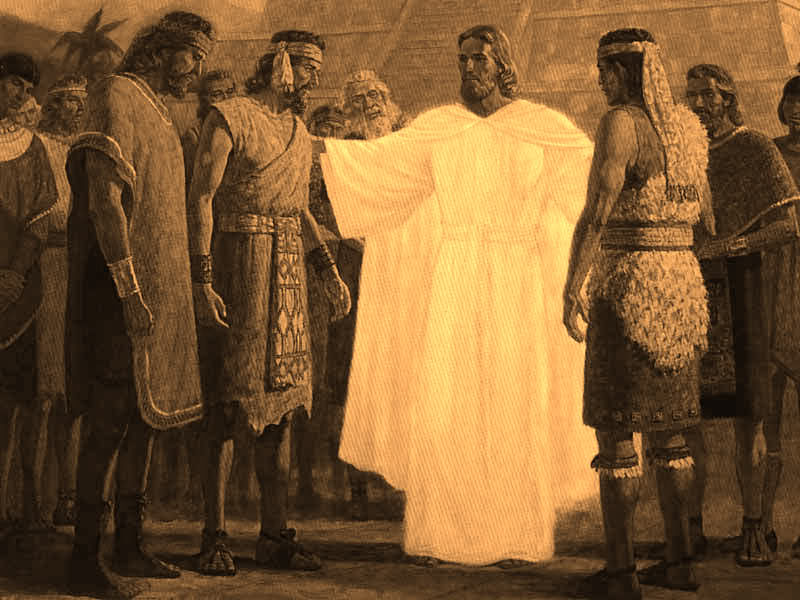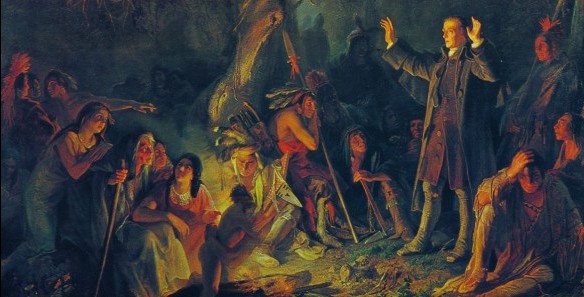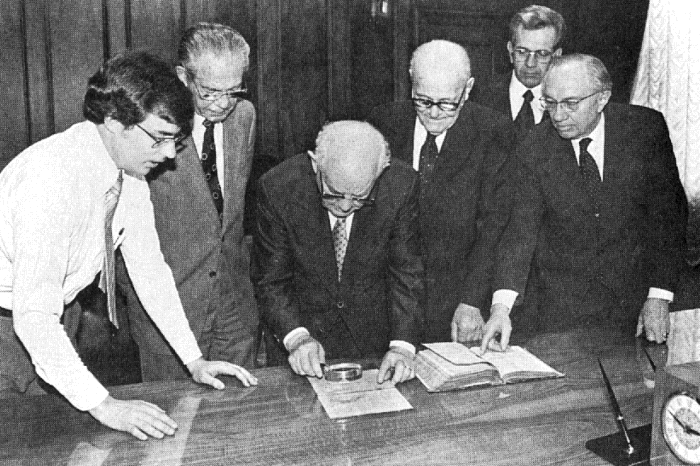Question
Gramps,
I’ve just read scripture that says that since Christ’s time and the completion of the Bible there were no other requirements for modern-day prophets and now I’m reading about Joseph Smith, who was proclaimed to be a modern-day prophet after Christ’s time. I don’t believe that the bible contradicts itself so it appears there have been some misinterpretation somewhere along the line. Can anyone explain this?
Walter
Answer
Walter,
To appreciate the role of prophets in God’s plan, it is essential to understand their historical significance. Prophets have been called throughout scripture to deliver divine messages and guide God’s children. From the Old Testament, we see notable figures such as Moses, Isaiah, and Elijah, who provided essential direction and warnings as directed by God. The period following the last Old Testament prophet, Malachi, around 450 B.C., led to approximately 500 years of silence known as the “intertestamental” period, where no genuine prophetic voice was heard. This silence culminated in confusion and fragmentation among Jewish religious groups, each claiming varied interpretations of the scriptures without divine guidance.
The scriptures highlight that prophets serve a crucial function in the divine plan. As stated in Amos 3:7, “Surely the Lord God will do nothing, but he revealeth his secret unto his servants the prophets.” This verse illustrates the fundamental belief that God’s will is made known through prophets, establishing their importance in both ancient and modern contexts.
The death of Jesus Christ and His apostles marked a significant turning point in the history of the Church. Following this pivotal event, a period known as the Great Apostasy ensued, characterized by a loss of priesthood authority and a departure from Christ’s original teachings. The Apostle Paul prophesied this falling away in 2 Thessalonians 2:3, warning of a time when the truth would no longer be openly taught.
During the Great Apostasy, the absence of prophetic leadership resulted in a proliferation of conflicting doctrines and practices, which led to spiritual darkness. Without a true prophet to guide them, many turned to personal interpretations of the gospel, which often strayed from Christ’s teachings. The Church of Jesus Christ teaches that this period of darkness necessitated a restoration of the gospel and priesthood authority through modern prophets.
The restoration of the gospel is a foundational belief of The Church of Jesus Christ of Latter-day Saints. Joseph Smith, regarded as the first modern prophet, was called by God to restore the Church of Jesus Christ and to clarify essential truths that had been lost during the apostasy. Through divine revelation, Smith was able to translate the Book of Mormon and receive additional scripture, including the Doctrine and Covenants, which elucidates God’s will for His children in the modern age.
The restoration included re-establishing priesthood authority, allowing for the performance of sacred ordinances that had been lost. The Church’s belief in the necessity of living prophets is further supported by Ephesians 4:11–14, which states that God has given various offices, including prophets, for the edification of the body of Christ. This ongoing need for prophetic guidance underscores the belief that God continues to communicate with His children through living prophets.
The principle of continuous revelation is central to Latter-day Saint beliefs. Prophets are sustained by the members of the Church as seers and revelators, providing guidance that is relevant to contemporary challenges. The President of the Church and the Quorum of the Twelve Apostles possess the authority to receive revelation and declare doctrine, ensuring that the Church remains aligned with God’s will.
The belief that God ceases to communicate with His children contradicts the doctrine of ongoing revelation. The Church teaches that just as God spoke to prophets in ancient times, He continues to guide His Church today. This living connection to divine instruction is vital for members of The Church of Jesus Christ of Latter-day Saints, fostering a personal relationship with God and ensuring access to essential truths and guidance in an ever-changing world.
The assertion that there would be no more prophets after Christ’s time is not supported by the teachings of The Church of Jesus Christ of Latter-day Saints. The historical context of prophets, the reality of the Great Apostasy, and the need for restoration all contribute to understanding the vital role of modern prophets. As God continues to communicate with His children, the existence of living prophets remains a crucial aspect of His divine plan, ensuring that His will is made known.
Members of The Church are encouraged to seek personal revelation and guidance through the teachings of modern prophets, reaffirming their belief in the ongoing nature of God’s communication with His people. In a world filled with uncertainty and confusion, the assurance that God speaks through prophets today provides hope and direction for the faithful.
Gramps







